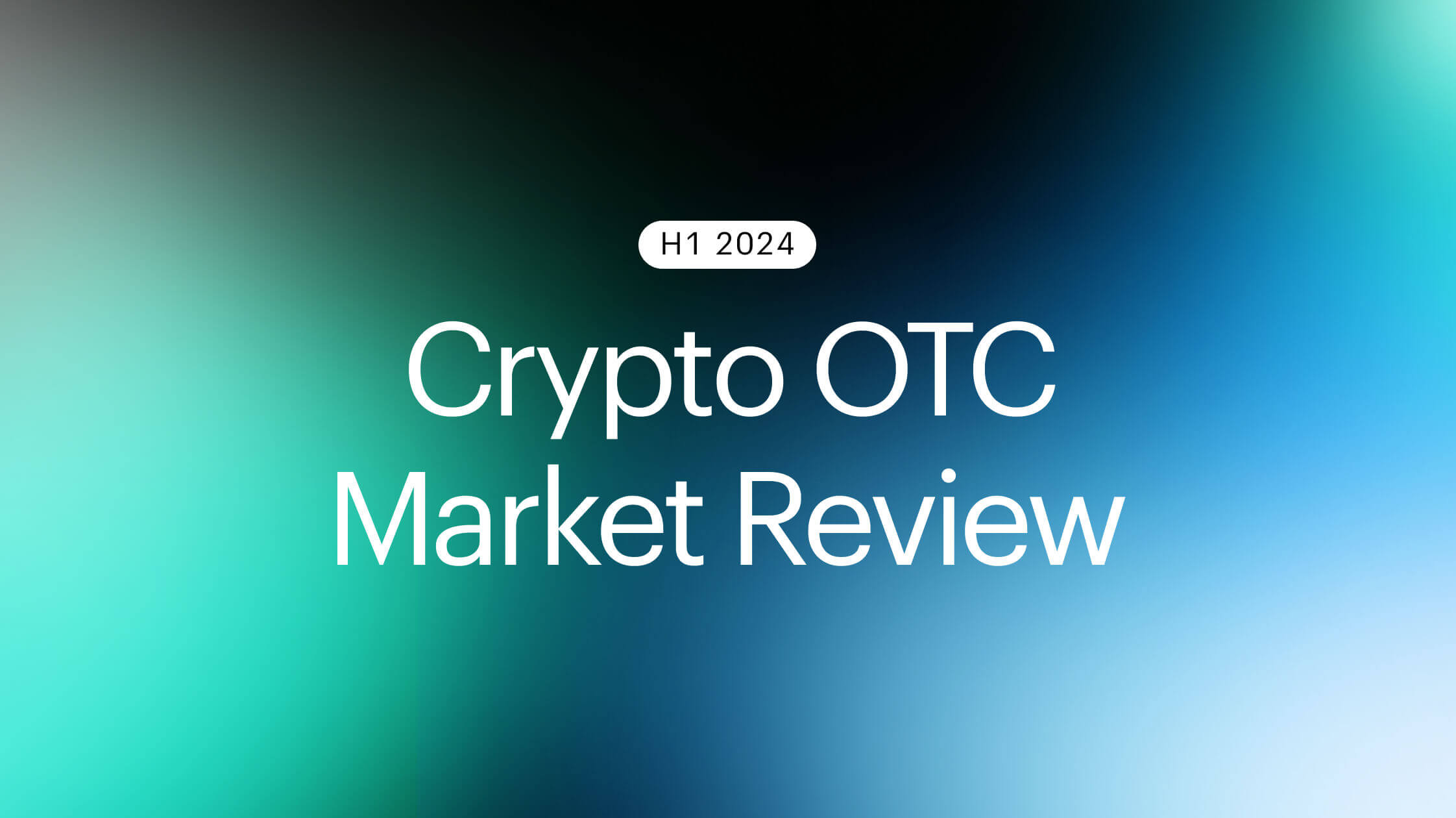Crypto markets slumped as new U.S. tariffs and dismal labor data overshadowed optimism around rate cuts, with spot ETFs posting nearly $1 billion in outflows. Strategy said it could eventually own up to 7% of all Bitcoin, while Metaplanet unveiled a $3.7 billion raise to expand its BTC holdings. In banking, Coinbase and JPMorgan announced a sweeping partnership to integrate crypto into Chase’s core offerings by 2026, while Ethereum and Bitcoin ETFs posted their worst day in months amid macro headwinds.

ETF Outflows Wipe Out August Gains as Tariffs and Labor Data Roil Markets
Markets opened August with a sharp downturn after the Trump administration issued a new round of global tariffs and the U.S. labor report revealed significant downward revisions. Bitcoin fell 2.1% to $115,500, while Ethereum and Solana lost over 3%. Spot ETFs reflected the market anxiety, with Bitcoin funds shedding $812 million in outflows on Friday alone—their worst single-day performance since February. Ethereum ETFs fared similarly, logging $152 million in outflows, their weakest day since January.
The White House’s updated trade levies, including a 35% hike on Canadian imports and 50% on Brazilian goods, rattled investor confidence despite signs of progress in U.S.–China talks. Simultaneously, the July jobs report showed just 73,000 new positions and heavy revisions to previous months, suggesting deeper labor market weakness. While these signs raised expectations for a Fed rate cut in September, immediate pressure on risk assets mounted.
ETF losses marked a sharp reversal from July’s record-setting inflows. Notably, BlackRock’s IBIT and ETHA remained relatively unscathed, while peers like Fidelity and Bitwise absorbed the brunt of the withdrawals. Analysts say the week was one of the most consequential for crypto in recent memory, with a wave of regulatory clarity failing to offset rising macroeconomic uncertainty.
Strategy Eyes 7% of Bitcoin Supply in Treasury Expansion Ambition
Strategy co-founder Michael Saylor said Friday the firm could eventually hold as much as 7% of Bitcoin’s 21 million total supply—up from its current 3% stake. While he dismissed the idea of total market capture (“we want everyone to have their piece”), the projection underscores the company’s deepening conviction in BTC as a treasury reserve asset.
The firm, formerly MicroStrategy, now owns 628,791 BTC worth over $72 billion. Its share price dipped below $380 this week amid the broader market correction, but remains up over 2,400% since the company began accumulating Bitcoin in 2020. Strategy has been aggressively raising capital through preferred stock offerings like STRC to fuel further acquisitions.
The announcement follows weeks of mounting activity in corporate crypto treasuries, with new players like SharpLink Gaming and BitMine Immersion Technologies turning to Ethereum and Solana. If realized, Strategy’s 7% BTC target would amount to 1.47 million coins, positioning the firm as an even more dominant institutional force in the Bitcoin ecosystem.
Metaplanet Seeks $3.7B for Massive Bitcoin Acquisition Push
Tokyo-listed Metaplanet filed to raise $3.7 billion via new preferred shares as part of its plan to amass 210,000 BTC by 2027. The proposed raise equals roughly 75% of the company’s current market cap and would more than double its existing Bitcoin holdings, currently standing at 17,132 BTC.
The fundraising plan includes two new share classes offering up to 6% in dividends, with proceeds earmarked exclusively for BTC accumulation. Shareholder approval will be sought in a September 1 vote to increase authorized shares. The firm emphasized that the offering is contingent on favorable market conditions and has no definitive issuance timeline.
Metaplanet’s aggressive treasury strategy mirrors that of Strategy, which earlier this week raised $2.5 billion through STRC, a floating-rate preferred stock. The move signals growing institutional interest in building crypto reserves—especially as inflation and fiat volatility drive demand for hard, programmable money like Bitcoin.
Coinbase and JPMorgan Announce 2026 Crypto Integration Plan
Coinbase and JPMorgan have struck a landmark deal to connect Chase’s 80 million customers to the crypto ecosystem. Starting this fall, users will be able to fund Coinbase accounts with Chase credit cards. By 2026, they’ll also be able to redeem Ultimate Rewards points into USDC on Base and link Chase accounts directly to Coinbase.
The collaboration marks the first time a major U.S. rewards program enables stablecoin redemption and reflects a new phase of bank–exchange integrations following recent regulatory guidance. The effort aims to reduce fiat on-ramp friction while promoting stablecoin adoption via Chase’s vast distribution channels.
Coinbase and JPMorgan framed the move as part of a broader vision. JPMorgan has piloted tokenized deposits through Kinexys, while Coinbase recently partnered with PNC Bank. With regulatory conditions stabilizing, banks appear increasingly willing to offer crypto-adjacent services in cooperation with trusted exchanges.

























